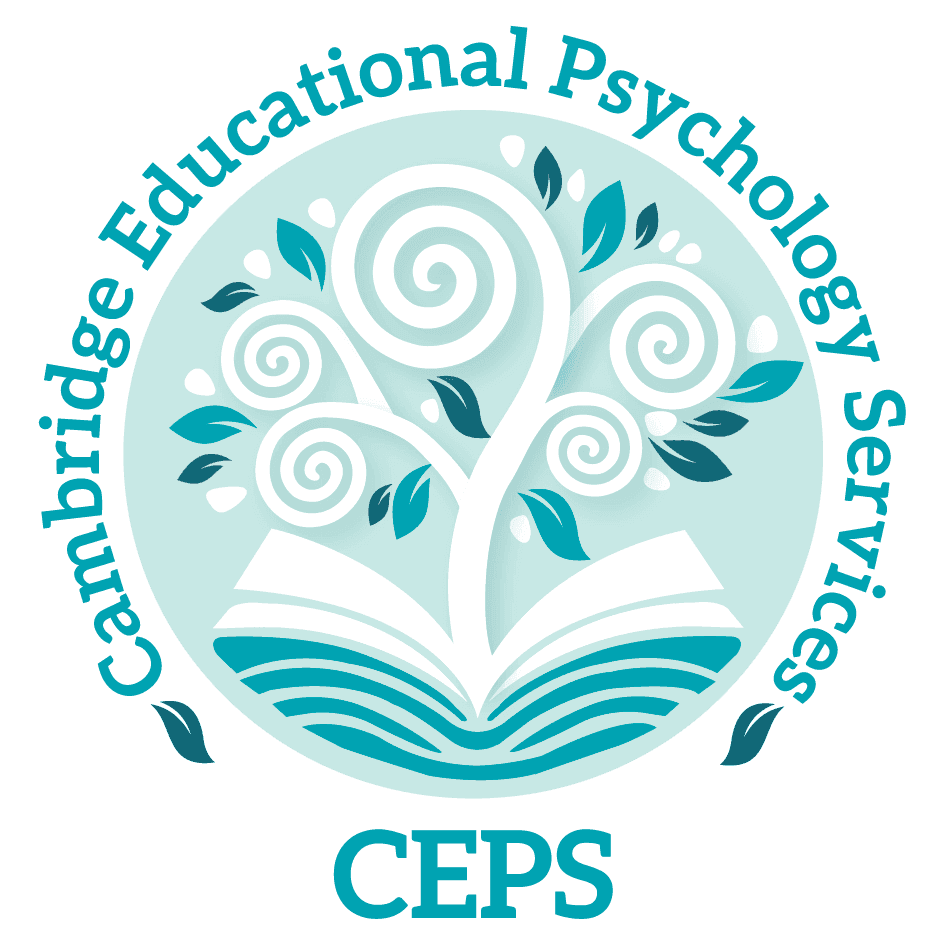Autism, or Autism Spectrum Disorder (ASD), is a neurodevelopmental condition that affects how people communicate, interact, and experience the world. It is called a "spectrum" because it presents differently in each individual, with a wide range of strengths and challenges.
At CEPS, we use the term “Autistic learners” because many people in the autism community prefer it. It shows that being Autistic is part of who someone is—not something that needs to be fixed. This language helps us focus on strengths, support understanding, and show respect for different ways of thinking and learning.
Autism can impact
Social communication and interaction
Sensory processing and sensitivity
Flexibility with routines and changes
Understanding social cues
Focused interests or repetitive behaviours
Common Signs of Autism
Differences in eye contact or body language
Difficulty understanding social rules or emotions
Strong preference for routines and predictability
Sensory sensitivities (e.g. to noise, lights, textures)
Intense focus on specific interests
Delayed speech or language development (in some cases)
May appear aloof or overly attached to specific people or objects
How is Autism Identified?
Autism is usually diagnosed by a paediatrician or clinical psychologist with experience in neurodevelopmental conditions. A registered educational psychologist can contribute by:
Gathering developmental history from whānau
Observing the child across different settings (e.g. home, school)
Using standardised tools and checklists
Identifying strengths, challenges, and learning needs
Collaborating with other professionals to build a clear picture
What Causes Autism?
Autism is believed to arise from differences in brain development and connectivity. It often runs in families. Autism is not caused by parenting, trauma, or vaccines. It is a natural variation in how people think and process information.

Māori Perspectives: Takiwātanga and Diverse Worldviews
In Aotearoa New Zealand, autism is increasingly understood through the lens of Takiwātanga – a te reo Māori term meaning “in their own time and space.” This term, introduced by Māori clinical psychologist Keri Opai, offers a culturally affirming way of understanding autism that sits comfortably within te ao Māori (the Māori worldview).
At CEPS, we are committed to a bi-cultural approach that honours Te Tiriti o Waitangi. We work in culturally responsive ways, partnering with whānau and communities to support all tamariki and rangatahi in a way that celebrates their identity, language, culture and strengths..

How Can CEPS Help?
Cambridge Educational Psychology Services can:
Provide developmental and cognitive assessments
Work with teachers and whānau to support inclusive practices
Develop personalised learning and support plans
Help identify sensory and emotional regulation needs
Promote neuro-affirming, culturally responsive approaches
If you think your child might be autistic, or if you’re a parent, caregiver, whānau or teacher looking for guidance, get in touch with us at CEPS. We’d love to support your journey.
Helpful Resources
Altogether Autism
NZ-based information and support
www.altogetherautism.org.nz
Autism New Zealand
Advocacy, support, and training
www.autismnz.org.nz
The AANE
International lived-experience resources
www.aane.org
